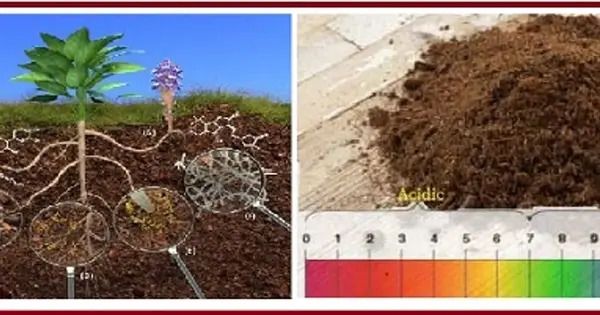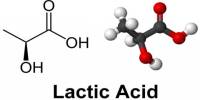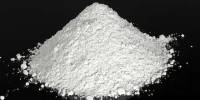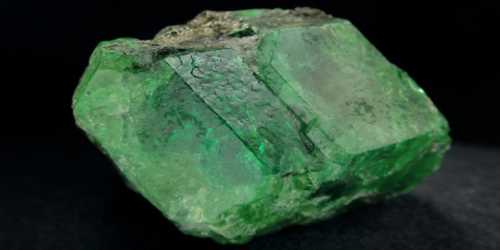Alkaline soils (Alkali) are clay soils with a high pH (higher than 8.5), weak soil structure, and limited infiltration ability. They frequently feature a hard calcareous layer at 0.5 to 1 metre depth. This type of soil is distinguished by its capacity to retain critical nutrients such as calcium and magnesium, but it frequently lacks specific micronutrients such as iron, manganese, and phosphorus, which may become less available to plants in alkaline circumstances.
Alkali soils have poor physicochemical qualities due mostly to the presence of sodium carbonate, which causes the soil to swell and makes clarification/settling problematic. They derive their name from the alkali metal group of elements, which includes sodium and can cause basicity. These soils are also known as alkaline sodic soils. Alkaline soils are basic, although not every basic soil is alkaline.
Key features of alkaline soil include:
- pH Level: Typically above 7.0, but can range up to around 8.5 or higher depending on the composition.
- Texture: Alkaline soils can vary widely in texture, from sandy to clay-like.
- Nutrient Availability: While essential nutrients like calcium and magnesium are often abundant and readily available, others like iron, manganese, and phosphorus may become less accessible to plants due to chemical reactions that occur in alkaline conditions.
- Plant Adaptation: Some plants are naturally adapted to alkaline soils and thrive in these conditions. Examples include certain grasses, sedums, and some vegetables like broccoli and cabbage.
Management
Managing alkaline soil often involves adjusting pH levels through amendments like elemental sulfur or acidic organic matter (e.g., composted pine needles, peat moss) to make it more suitable for a broader range of plants.
Agricultural problems
Alkaline soils are difficult to use in agricultural production. Because of the low infiltration capacity, rain water quickly stagnates on the soil, making cultivation difficult in dry periods without abundant irrigation and efficient drainage. Agriculture is confined to crops that are resistant of surface waterlogging (such as rice and grass), and productivity is low.
Challenges
Gardening in alkaline soil can create difficulties, such as low nutrient availability for particular plants, resulting in nutrient deficits. It may also have an impact on the availability of herbicides and insecticides applied directly to the soil.
















